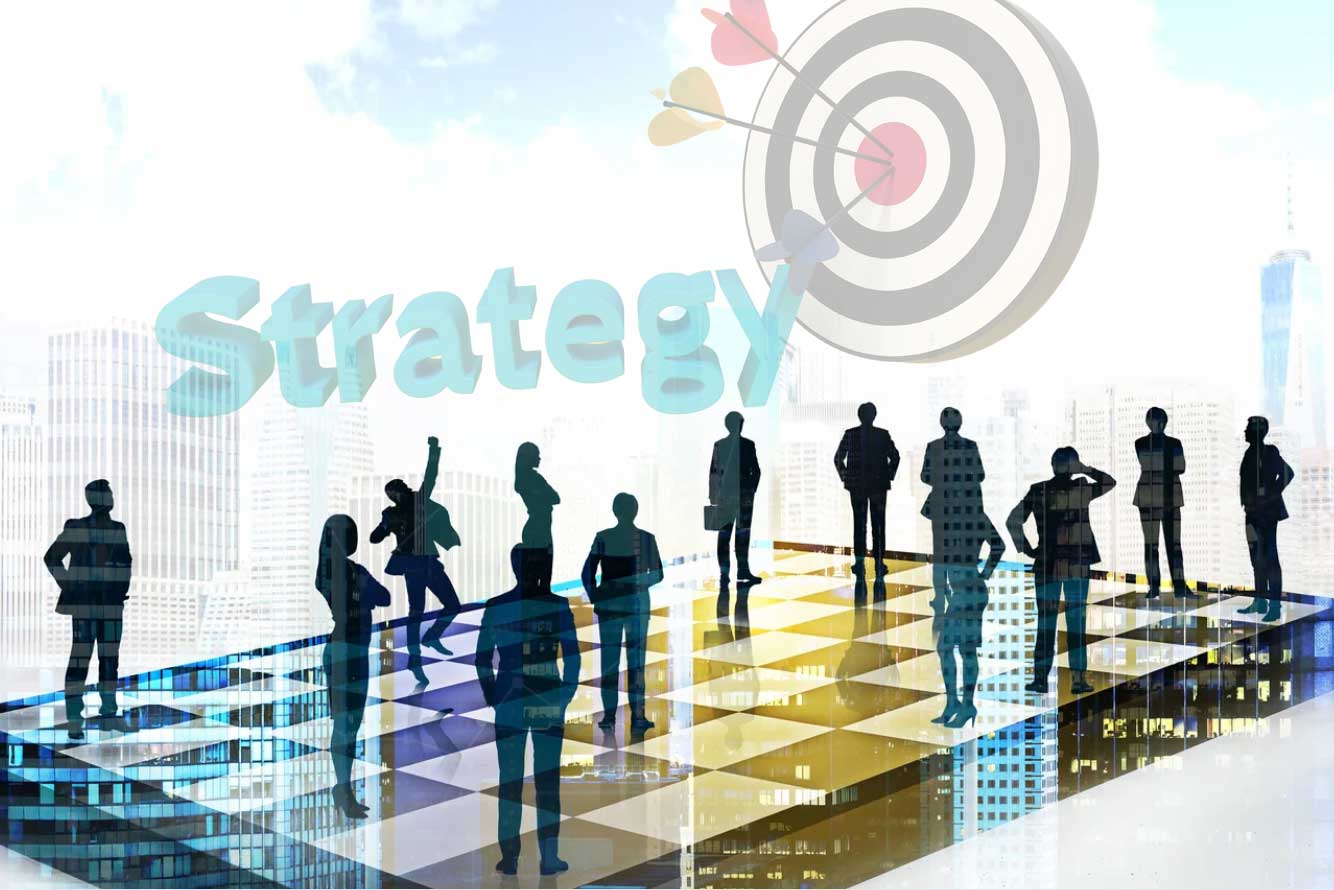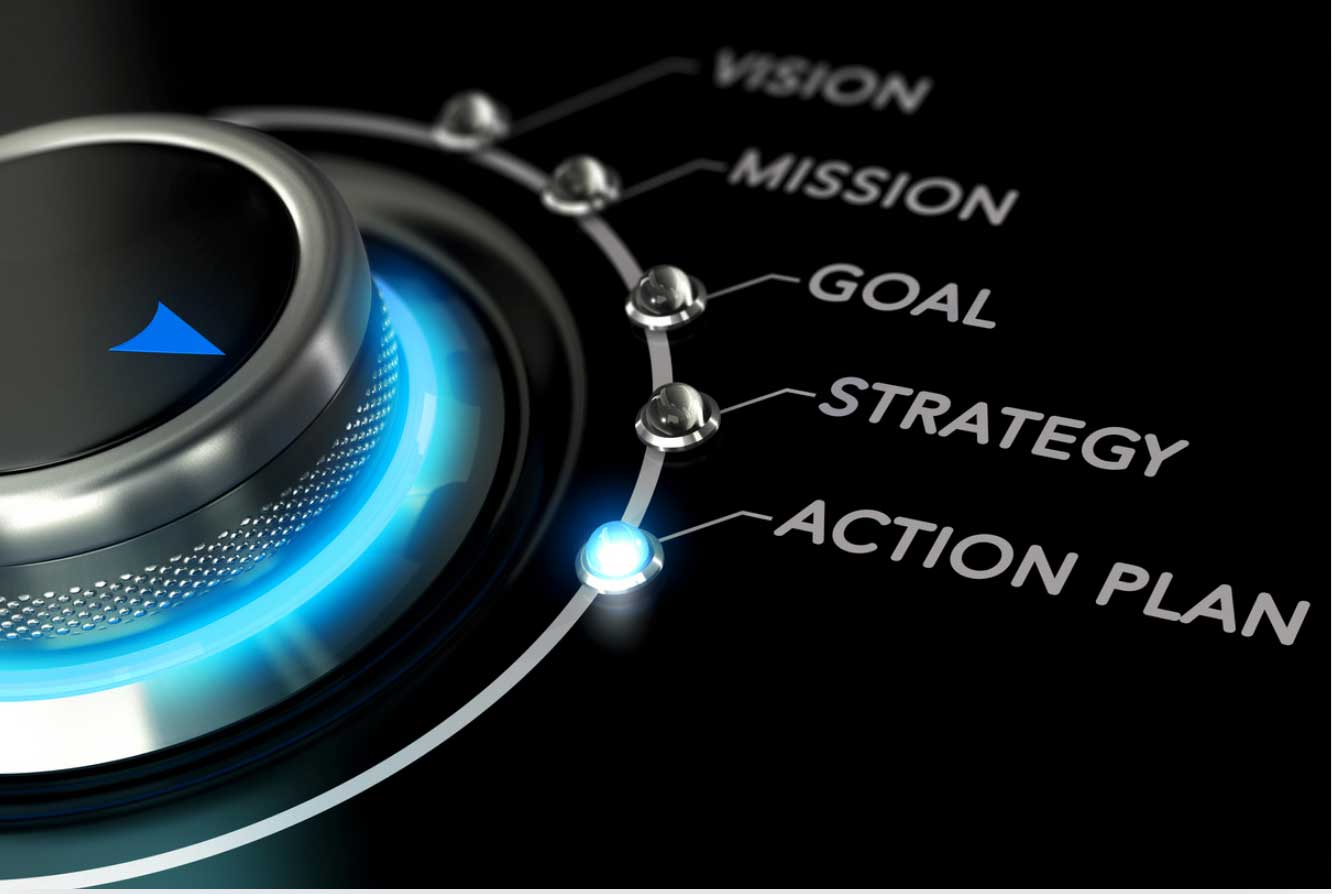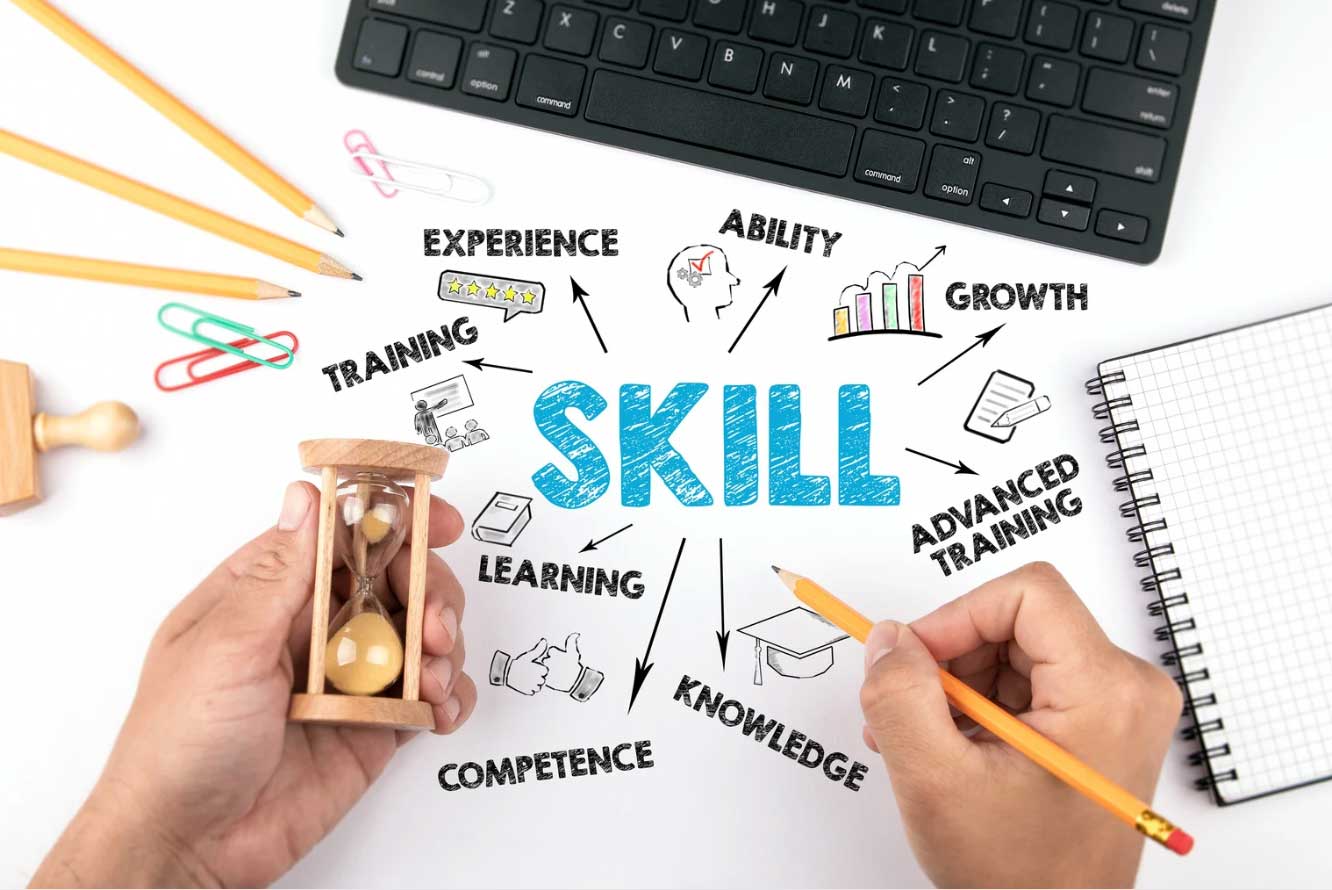
In an increasingly complex and uncertain world, the ability to think ahead and prepare for the future is becoming more crucial. Every individual, especially those at the professional level, needs to have a clear vision and a well-thought-out strategy to achieve their life and career goals. This article will explore how setting strategic goals can help define direction and how to think proactively to face upcoming challenges and opportunities.
Why Is Thinking Ahead Important?

Thinking ahead is not just about planning for the future; it’s about understanding trends, anticipating changes, and preparing for various possibilities. In a dynamic work environment, the ability to forecast industry developments, shifts in market demands, and technological innovations can provide a significant competitive edge.
When we think ahead, we are not merely reacting to events as they occur; we are also being proactive in creating opportunities. This means we must look beyond existing challenges and focus on solutions that can lead us toward greater objectives.
Defining Strategic Goals

Strategic goals form the foundation of any long-term plan. They serve as reference points that provide direction and assist in decision-making. To establish strategic goals, it’s essential to understand our vision and mission, as well as the values we uphold. In other words, strategic goals must align with our identity as individuals or organizations.
- Vision and Mission: Vision is the picture of the future we desire, while the mission is the reason for our existence. When setting strategic goals, it is crucial to consider both elements to ensure that the established goals bring us closer to the desired vision.
- Environmental Analysis: Conducting an analysis of external and internal environments will help us understand the factors that can influence the achievement of our goals. This includes a SWOT analysis (Strengths, Weaknesses, Opportunities, Threats), which can provide a clear picture of our current position and the challenges we may face in the future.
- Prioritizing Goals: In determining strategic goals, we must be able to prioritize them based on relevance and urgency. This helps us focus on what truly matters and can make a significant impact.
Developing an Action Plan

Once strategic goals have been established, the next step is to develop an action plan that will help us achieve them. This plan should include concrete steps to be taken, the resources needed, and the time required to reach each goal.
- Identify Specific Steps: Each strategic goal should be broken down into smaller, manageable steps. This makes the process of achieving goals feel more attainable and allows us to measure progress regularly.
- Allocate Resources: Ensure that we have sufficient resources, whether time, energy, or finances, to implement the action plan. Having the right resources will support the effective execution of the plan.
- Set Timelines: Establishing deadlines for each step in the action plan will create positive pressure to move forward. This also allows us to assess progress and make adjustments if necessary.
Building Necessary Skills

Preparing for the future also means developing skills relevant to upcoming developments. In a constantly changing world, the skills required for success are never static. We must continue to learn and adapt to remain relevant.
- Continuous Education: Investing in education and training will help us develop the new skills needed for the future. This can take the form of formal courses, on-the-job training, or self-directed learning.
- Mentorship and Networking: Seeking mentors and building a strong network can provide valuable insights into developments in our industry. Mentors can help us identify the skills that need to be developed and offer support throughout our journey.
- Adapting to Technology: Technological advancements bring significant changes in how we work. Understanding and mastering new technologies will be key to remaining competitive in the job market.
Creating a Contingency Plan

No plan is perfect. Therefore, it is crucial to have a contingency plan to address unexpected situations. Having alternative strategies allows us to mitigate risks and tackle challenges that may arise.
- Identify Risks: Conduct a risk analysis to identify potential issues that could disrupt goal achievement. This will help us prepare for possible scenarios.
- Alternative Action Plans: For each identified risk, create an alternative action plan that can be implemented if that situation occurs. This instills confidence that we can face any challenges that may arise.
- Evaluation and Adjustment: Periodically evaluate the plans and the results achieved. If necessary, make adjustments to ensure that we remain on track to achieve our goals.
Cultivating a Positive Mindset

A positive mindset is a crucial component in preparing for the future. An optimistic attitude and belief in one’s abilities can motivate us to keep moving forward despite challenges.
- Focus on Solutions: Rather than getting stuck on problems, focus on solutions. When faced with difficulties, consider the steps that can be taken to address them and do not let obstacles halt progress.
- Learning from Failure: Failure is part of the learning process. Do not fear failure, but rather learn from each experience and use that knowledge to improve in the future.
- Visualize Success: Take time to envision yourself achieving your goals. Visualization can help boost motivation and focus our thoughts on the desired achievements.
Preparing for the future is no easy task, but with the right strategies and a positive mindset, we can face challenges and attain success. By establishing clear strategic goals, developing concrete action plans, and building relevant skills, we can navigate the future with confidence.
It is important to remember that the journey toward a better future is an ongoing process. By continually learning and adapting, we will not only be ready to face change but also become pioneers in creating new opportunities. It is time to think ahead and take smart steps toward a bright future.
To help you better prepare for the future with concrete strategies and actionable steps, join the training and coaching programs with the expert team from Qando Qoaching. This program is specially designed for professionals who want to develop skills, build resilience, and formulate the best strategies for success in the future. For more information, visit https://campsite.bio/qqgroup and follow our social media for tips and inspiring guidance.
Together, let’s move towards a great Indonesia!
